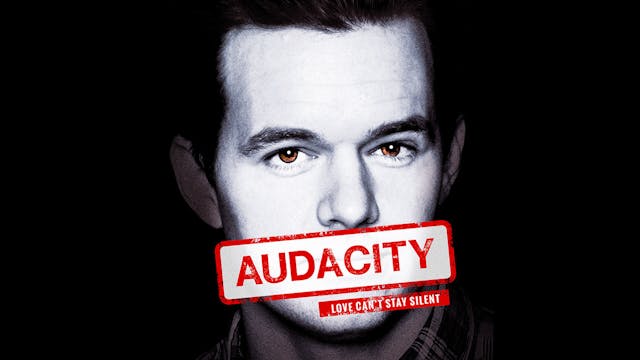At the heart of the Protestant/Catholic division in the sixteenth century was the disagreement over the doctrine of justification by an alien or imputed righteousness. In Catholic theology, justification is conceived as a lifelong process of becoming intrinsically righteous and holy, rather than a once-for-all declaration of “not guilty” to sinners who put their trust in Christ. On this program the hosts walk through the issues involved in this important debate and interact with the views of the sixteenth-century Reformers.
Up Next in Most Comments
-
Audacity
From Living Waters, creators of the award-winning TV program “The Way of the Master” and the hit movies “180” and “Evolution vs. God,” comes the powerful film “Audacity.” Executive produced by TV co-host and best-selling author Ray Comfort (Hell’s Best Kept Secret, Scientific Facts in the Bible),...
-
Check Your Heart - Defend and Confirm...
In this episode, we talk about love. Our defense of the gospel should be grounded in a love for the lost, but too often our speech becomes prideful, quarrelsome, and unloving. Sean walks us through scripture on this subject, and we talk about the healthy skepticism we should all have of our own h...
-
Can I Trust the Bible? - E.1: The Rig...
Early Christians quickly agreed on which books were directly linked to Jesus. First-century Jews viewed scripture as incomplete, anticipating the Messiah and redemption. This set the stage for the New Testament as the fulfillment of God's promises. The Gospels and Paul’s Epistles became central, ...




2 Comments